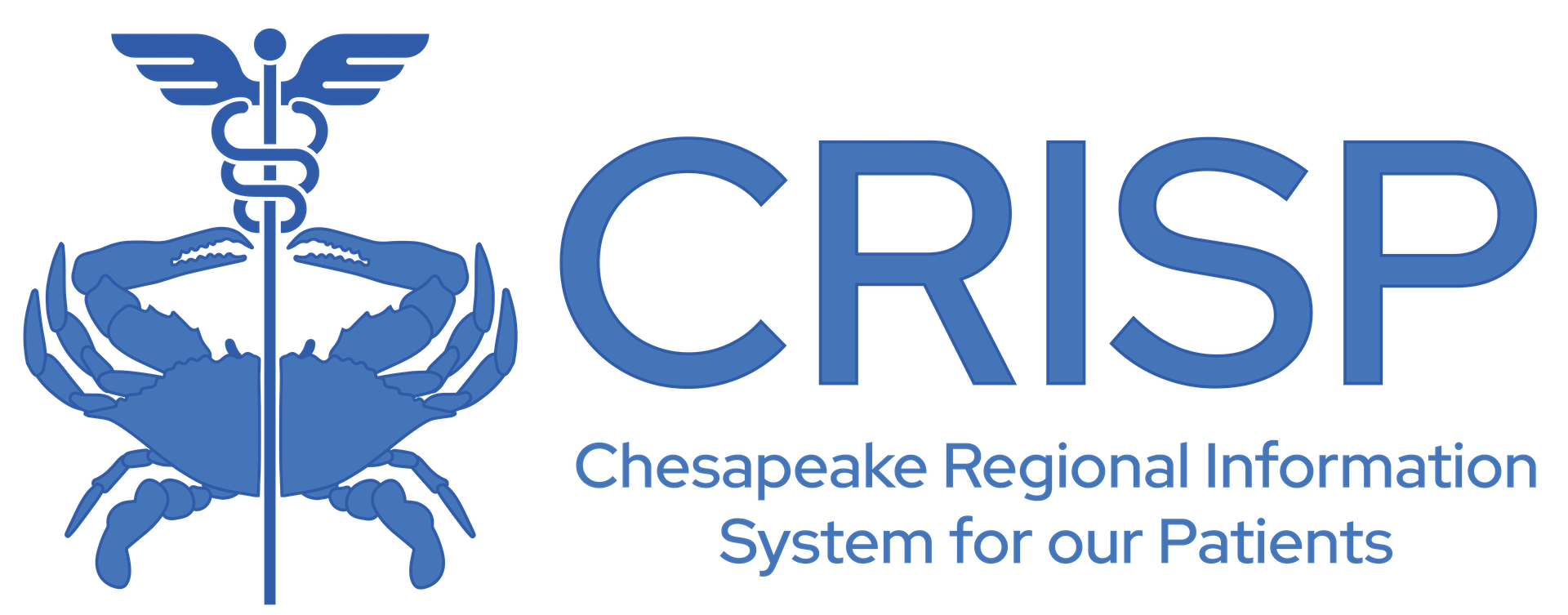
View Topics & Resources
Explore Topics
Other Resources
Overview
Health data claims reporting is crucial for various reasons, as it plays a significant role in healthcare management, quality improvement, and decision-making processes. Here are some key reasons why health data claims reporting is important:
- Billing and Reimbursement: Health data claims are essential for billing and reimbursement processes in healthcare. They provide a detailed record of the services rendered, procedures performed, and medications prescribed. Accurate claims reporting is necessary for healthcare providers to receive proper compensation for the care they deliver.
- Financial Management: Claims reporting is a fundamental aspect of financial management in healthcare organizations. It allows administrators to analyze revenue streams, identify areas of financial strength or weakness, and make informed decisions to ensure the financial sustainability of the healthcare facility.
- Performance Evaluation: Health data claims help in evaluating the performance of healthcare providers and organizations. By analyzing claims data, administrators can assess the efficiency and effectiveness of different services, identify areas for improvement, and implement strategies to enhance overall healthcare delivery.
- Quality Improvement: Claims reporting contributes to quality improvement initiatives in healthcare. By analyzing data on the types of services provided, outcomes, and patient satisfaction, healthcare organizations can identify best practices and areas needing improvement. This information can lead to enhanced patient care and better overall quality of services.
- Fraud Detection and Prevention: Health data claims reporting is vital for detecting and preventing fraudulent activities within the healthcare system. Analyzing claims data helps identify patterns that may indicate fraudulent billing practices, ensuring the integrity of the healthcare payment system.
- Policy and Planning: Policymakers and healthcare planners use claims data to make informed decisions about resource allocation, policy development, and strategic planning. Understanding the patterns of healthcare utilization and costs helps in designing effective policies and improving the overall healthcare system.
- Population Health Management: Claims reporting supports population health management by providing insights into the health status and healthcare utilization patterns of specific populations. This information is valuable for designing preventive measures, targeting interventions, and improving overall population health outcomes.
- Research and Public Health: Aggregated claims data is a valuable resource for research and public health initiatives. Researchers can use this data to study trends, assess the effectiveness of interventions, and contribute to evidence-based medicine. Public health agencies can use claims data to monitor disease outbreaks, assess health disparities, and plan public health interventions.
In summary, health data claims reporting is integral to the effective functioning of the healthcare system. It supports financial processes, quality improvement efforts, fraud prevention, policy development, and contributes to better decision-making for the benefit of both healthcare providers and patients.
| Name | Payer | Definition |
|---|---|---|
| Medicaid | Medicaid | |
| CCLF - Claim and Claim Line Feed | Medicare | The CCLF (Claim and Claim Line Feed) data files are a set of Medicare claims files incorporating all Medicare Part A and B claims from Inpatient Facility, Outpatient Facility, Skilled Nursing Facility, Home Health Agency, Hospice, Professional, Durable Medical Equipment, and Prescription Drug services. These files contain beneficiary claim level data including Medicare payment amounts, diagnoses, procedures, dates of service, provider identifiers, and beneficiary copayment amounts. |
| Maryland Case Mix | All Payer | The Maryland Health Services Cost Review Commission (HSCRC) requires all acute care hospitals in Maryland submit confidential patient-level administrative data (referred to as “Case Mix data”) on all discharges and visits to the Commission. The Case Mix data includes demographic (including medical record and provider identifiers), financial (payers and charges), and clinical (including dates of service, diagnoses, disposition) information for inpatient and outpatient discharges. |

